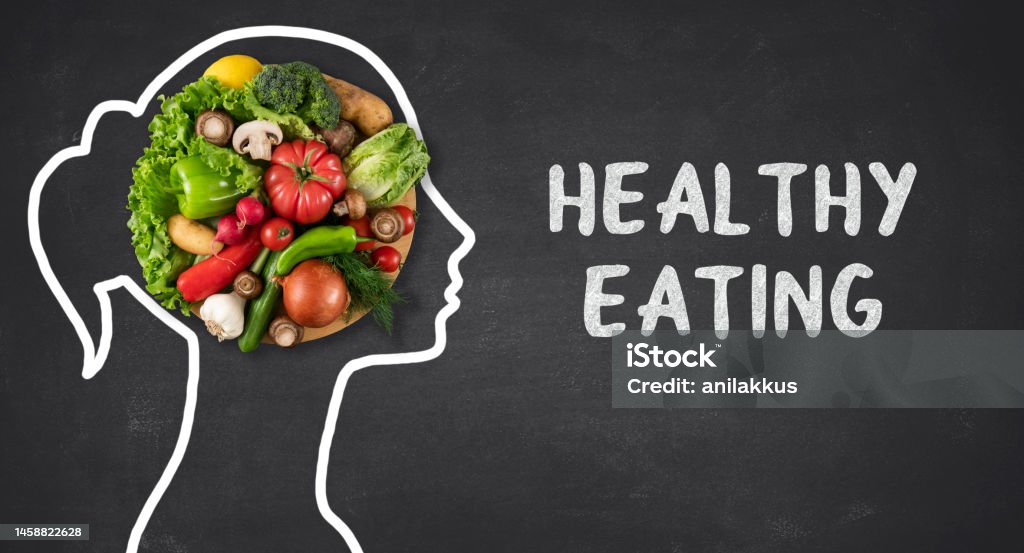Introduction
Good nutrition is the foundation of a healthy life. The food we consume directly impacts our physical health, mental well-being, energy levels, and even our longevity. In an era where chronic diseases like obesity, diabetes, and heart disease are on the rise, understanding the power of nutrition is more important than ever. By making informed dietary choices, we can prevent illness, boost immunity, enhance cognitive function, and improve overall quality of life.
This article explores the profound impact of nutrition on health, discussing key nutrients, the benefits of a balanced diet, common dietary pitfalls, and practical tips for eating your way to better health.
The Science Behind Nutrition and Health
Nutrition refers to the process by which our bodies take in and utilize food for growth, repair, and energy. The foods we eat contain macronutrients (carbohydrates, proteins, and fats) and micronutrients (vitamins and minerals), all of which play crucial roles in bodily functions.
1. Macronutrients: The Building Blocks of Health
- Carbohydrates: The body’s primary energy source. Complex carbs (whole grains, vegetables) provide sustained energy, while refined carbs (sugary snacks) lead to blood sugar spikes.
- Proteins: Essential for muscle repair, immune function, and enzyme production. Sources include lean meats, beans, nuts, and dairy.
- Fats: Necessary for brain health, hormone production, and nutrient absorption. Healthy fats (avocados, olive oil, nuts) support heart health, while trans fats (processed foods) increase disease risk.
2. Micronutrients: Vital for Optimal Functioning
- Vitamins: Such as Vitamin C (immunity), Vitamin D (bone health), and B vitamins (energy metabolism).
- Minerals: Including iron (oxygen transport), calcium (bone strength), and magnesium (muscle and nerve function).
A deficiency or excess of any nutrient can lead to health problems, emphasizing the need for a well-balanced diet.
The Benefits of a Nutrient-Rich Diet
1. Disease Prevention
A diet rich in fruits, vegetables, whole grains, and lean proteins can reduce the risk of chronic diseases:
- Heart Disease: High-fiber foods and healthy fats lower cholesterol and blood pressure.
- Diabetes: Balanced blood sugar levels are maintained by avoiding refined sugars and processed foods.
- Cancer: Antioxidant-rich foods (berries, leafy greens) combat free radicals linked to cancer.
2. Weight Management
Obesity is a major health crisis linked to poor dietary habits. Nutrient-dense, low-calorie foods (vegetables, lean proteins) promote satiety and prevent overeating, aiding in weight loss and maintenance.
3. Enhanced Mental Health
The gut-brain connection highlights how diet affects mood and cognitive function. Omega-3 fatty acids (found in fish) reduce depression risk, while excessive sugar intake is linked to anxiety and cognitive decline.
4. Improved Energy and Performance
Athletes and active individuals benefit from proper nutrition. Carbohydrates fuel workouts, proteins aid recovery, and hydration maintains peak performance.
5. Longevity and Aging
A diet high in antioxidants (found in colorful fruits and vegetables) slows aging by reducing oxidative stress. Mediterranean diets, rich in olive oil and fish, are associated with longer lifespans.
Common Dietary Pitfalls
Despite the known benefits of good nutrition, many people fall into dietary traps:
1. Processed Foods and Added Sugars
Packaged snacks, fast food, and sugary drinks contribute to obesity, diabetes, and inflammation. These foods are often high in calories but low in nutrients.
2. Skipping Meals
Irregular eating patterns lead to overeating later, blood sugar crashes, and poor metabolic health.
3. Fad Diets
Extreme diets (keto, juice cleanses) may promise quick results but often lack essential nutrients and are unsustainable.
4. Lack of Fiber
Many diets are low in fiber, leading to digestive issues, weight gain, and increased disease risk.
5. Dehydration
Water is essential for digestion, metabolism, and detoxification, yet many people don’t drink enough.
Practical Tips for Eating Your Way to Better Health
1. Prioritize Whole Foods
- Fill half your plate with vegetables and fruits.
- Choose whole grains (brown rice, quinoa) over refined grains (white bread).
- Opt for lean proteins (chicken, fish, legumes) instead of processed meats.
2. Balance Macronutrients
- Include a source of protein, healthy fat, and fiber in each meal to stay full and energized.
3. Limit Added Sugars and Processed Foods
- Read labels and avoid products with high fructose corn syrup, hydrogenated oils, and artificial additives.
- Satisfy sweet cravings with natural options like fruit or dark chocolate.
4. Stay Hydrated
- Drink at least 8 glasses of water daily.
- Reduce sugary drinks and excessive caffeine.
5. Practice Mindful Eating
- Eat slowly, savor each bite, and listen to hunger cues to prevent overeating.
6. Plan and Prepare Meals
- Meal prepping ensures healthy choices are readily available, reducing reliance on fast food.
7. Supplement Wisely
- While whole foods are best, supplements (Vitamin D, Omega-3s) can fill nutritional gaps when necessary.
Conclusion
Nutrition is one of the most powerful tools we have for maintaining and improving health. By making conscious food choices, we can prevent disease, enhance mental clarity, maintain a healthy weight, and increase longevity. While modern diets often prioritize convenience over nutrition, small, sustainable changes can lead to significant health benefits.
Eating your way to better health isn’t about strict diets or deprivation—it’s about nourishing your body with the right foods to thrive. Start today by incorporating more whole, nutrient-rich foods into your diet, and experience the transformative power of nutrition.
Final Thought
As Hippocrates wisely said, “Let food be thy medicine and medicine be thy food.” The path to better health begins on your plate.
